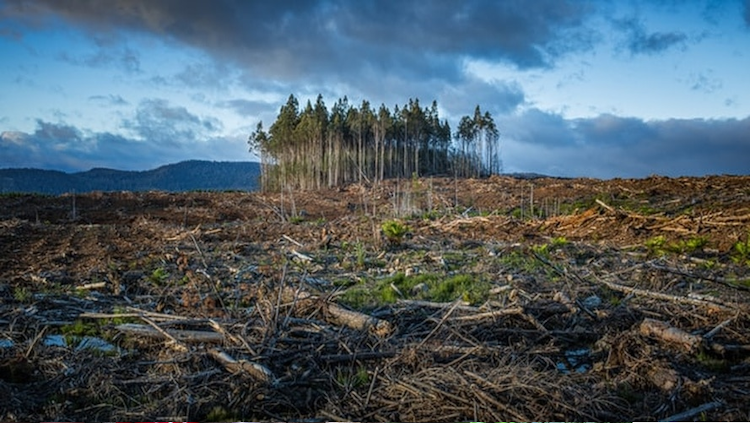Major environmental problems
Across the world, environmental problems have harmful consequences. To do this, it is therefore essential to identify them and find the appropriate solutions to overcome them. The different environmental problems are:
Pollution
Pollution is one of the most serious environmental problems. It damages the ozone layer, causes the greenhouse effect and accelerates global warming. The fundamental cause of environmental pollution is human activity, especially in large cities. This is linked to the density of the population and the activities like dumpster rentals it develops, as well as the means of travel. Apart from industrial activities, pollution can be caused by:
- Means of transport which largely contribute to air degradation with emissions of hydrocarbons and other polluting gases
- Heating, which is the primary source of greenhouse gases
- Poor waste management practices
- Incineration facilities through garbage incinerators which emit polluting gases and heavy metals
- Household consumption with the emission of solvent products which are at the origin of the formation of tropospheric ozone
Global warming
This phenomenon is characterized by an increase in temperatures resulting from industrial activities and greenhouse gases. This climate change is also caused by the burning of coal, oil and gas, the disappearance of forests, the increase in cattle and sheep farming, as well as the use of fluorinated gases. Several consequences are notable, such as the melting of ice, particularly in the coldest regions, the rise in ocean levels, the transformation of landscapes leading to the disappearance of certain animal and plant species. Faced with this climate change, there is an increase in diseases due to heatwaves and floods.
The solutions to be provided
Reduce the pollution
To effectively combat pollution, it is more judicious to undertake actions at different levels. This implies new choices in lifestyles, consumption and product use, and less waste creation. It is also more judicious to reduce polluting activities and compensate for the depletion of resources. Recycling and reprocessing of waste go in this direction.
Country leaders must also take incentive measures so that the population turns to renewable energies (solar, wind, tidal, photovoltaic, biomass, geothermal energy, etc.). Although the installation of the devices is expensive, the emphasis must be placed on the advantages: reduction in the quantity of fossil energy, savings on the electricity bill, possibility of resale of surplus energy, etc.
At the level of each household, certain daily actions can cause less pollution, namely:
- Limiting the use of drinking water for cooking and collecting rainwater for other needs: watering the garden, domestic cleaning
- Reducing energy consumption by unplugging unused appliances or turning off heating and air conditioning when you are away
- Buying groceries without going overboard
- Repairing faulty equipment instead of purchasing new products that can be dangerous for the environment
- Creating less garbage to reduce the need for dumpster rentals
Fight against global warming
Various solutions are available to you to reduce global warming. States have the possibility of transforming traditional energies into renewable energies and introducing the carbon tax. The main objective of the latter will be to reduce activities and services that consume a lot of energy. The protection of natural areas and better management of forests are also measures to be taken in the same way as the energy renovation of buildings for individual and collective use.
Furthermore, everyone must first change their transport habits by favoring less polluting vehicles. For better consumption, focus on organic products which help to promote fair trade which is part of a sustainable development approach.
